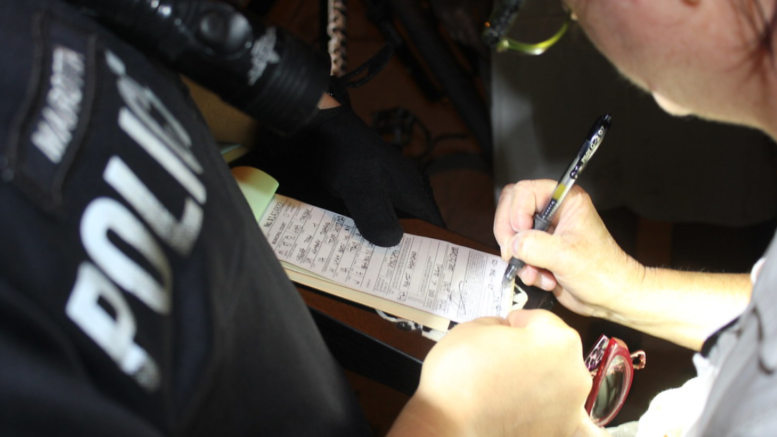Editor’s note: Local officials will look at reforming fines and fees. It’s about time.
Local officials are opening a new front in the fight for economic justice.
This week, the city of Sacramento and Sacramento County were chosen to partner with three advocacy groups to look at reforming fees and fines that harm disadvantaged communities and communities of color.
It’s about time.
“We cannot do business as usual and must do even more to address the structural and economic inequities in our city,” City Councilman Jay Schenirer said in a statement. “The fines and fee justice program can be truly responsive to the needs and concerns of our residents. That fix-it ticket—that fine could go toward paying rent, or for food. We have to do better.”
Officials say they were working on this issue before the COVID-19 pandemic, but it’s even more important now.
“That fine could go toward paying rent, or for food. We have to do better.”
Sacramento City Councilman Jay Schenirer
Over the next 18 months, using a $50,000 grant and the help of policy experts, the city and county plan to talk to community groups; identify fines, fees and tickets that impact the poor and people of color; come up with reforms; and share lessons and best practices with other communities.
There are some potential areas for change, based on what other cities have done, though officials here might not be willing to go as far.
In October 2019, Los Angeles announced it would wipe out nearly 2 million minor citations and warrants to unclog the courts and help homeless individuals.
In 2018, San Francisco became the first local government to eliminate all criminal justice fees, including for probation, electronic monitoring and work programs. It also reduced the nation’s highest towing charges for low-income motorists, factored ability to pay for traffic fines and changed payment plans for parking tickets.
In 2017, under pressure from advocacy groups, the state Legislature ended the practice of suspending driver’s licenses of those who couldn’t afford to pay traffic tickets.
Also in 2017, Sacramento County eliminated fees charged to parents whose children were in juvenile detention after a study pointed out the county’s fees were among the highest in the state.
All these moves are part of a growing national movement to reform government actions that penalize the poor. Advocates say fees and tickets can push a working family into debt and poverty and force them into safety net programs, increasing the cost to society.
“Fines and fees have devastated the lives of millions of Americans, trapping them in a cycle of poverty and punishment—with the harms overwhelmingly falling on people of color and people living on low incomes. These financial penalties can make the government a driver of inequality, not an equalizer of opportunity,” says the Fines and Fees Justice Center, which is working with the city and county, along with PolicyLink and the Financial Justice Project in San Francisco.
Nine other local governments are also receiving the money and technical assistance: Chicago, Dallas, Durham, N.C., Memphis/Shelby County, Philadelphia, Pittsburgh/Allegheny County, Providence, Seattle and St. Paul.
“Fines and fees have devastated the lives of millions of Americans, trapping them in a cycle of poverty and punishment.”
Fines and Fees Justice Center
Sacramento officials say this effort is part of their push for inclusive economic development, an issue raised by protestors after the police killing of Stephon Clark in March 2018. That November, voters approved a half-cent sales tax increase with promises that money would go to neighborhoods left out of Sacramento’s prosperity.
Much of that work has been put on hold during the pandemic, though the City Council has pledged to keep economic justice in mind as it divides $89.6 million in federal stimulus money. For example, it agreed this week to spend $150,000 for free financial counseling for low- and moderate-income families.
The issues of racial disparities and injustices are being raised in protests across the nation after the death in police hands of George Floyd. And politicians are again promising progress.






Why not do away with all fines and fees for poor people? Governments could say at what figure of gross income per year does a person become un poor.